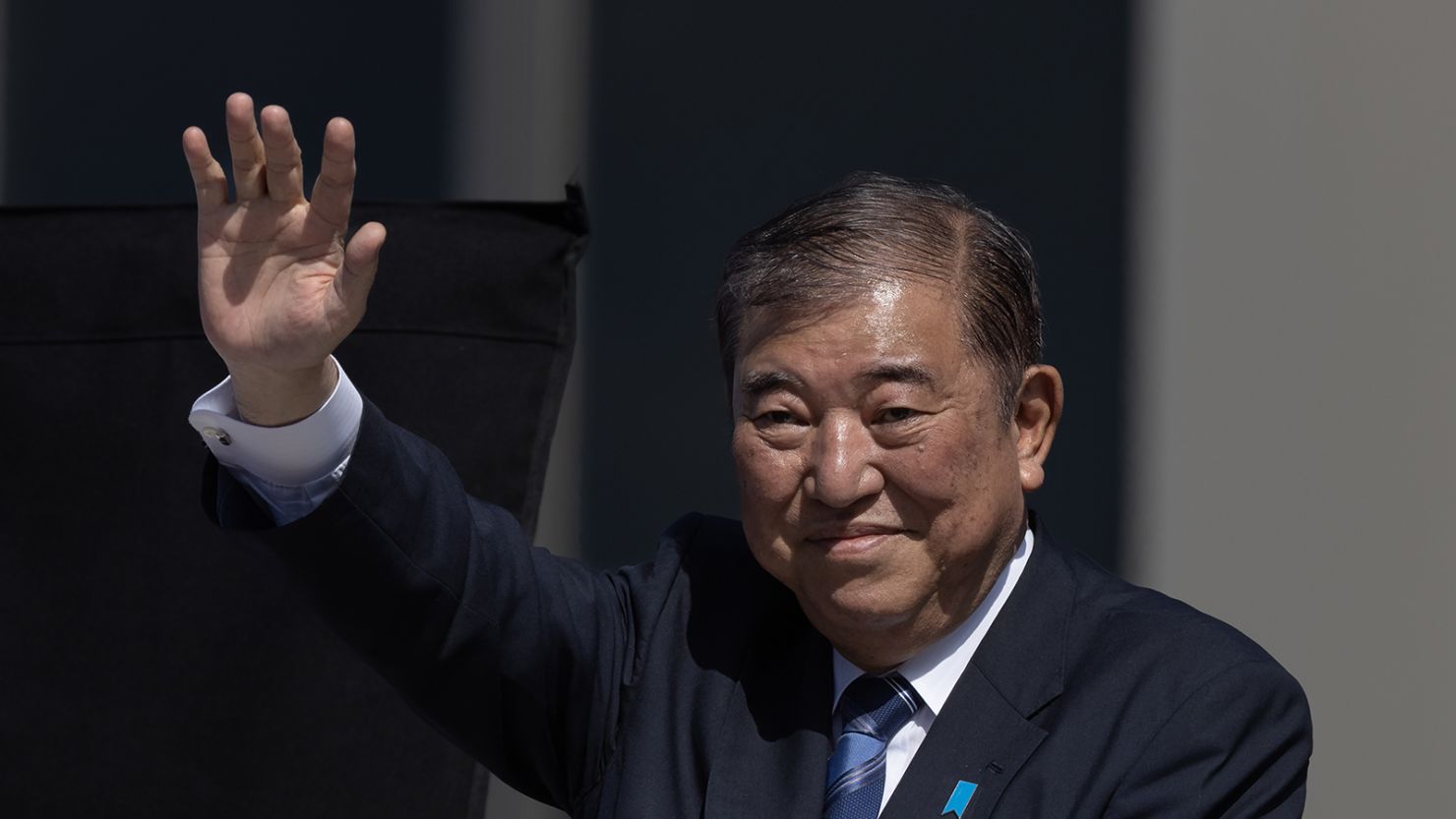Japan Votes: Ishiba Faces First Leadership Test
Polling has commenced for Japan's lower house elections, a pivotal event that will test the leadership of Prime Minister Shigeru Ishiba. Having taken office recently, Ishiba is under significant pressure to prove his capability to navigate the country through its ongoing economic challenges and political uncertainties. With Japan facing rising inflation, a shrinking workforce, and complex foreign relations, Ishiba's government needs to win public confidence to push through his proposed reforms.
The election comes at a crucial time, as Ishiba's approval ratings have been wavering. While his initial policies have aimed to stabilize the economy, critics argue that the measures are insufficient to address deeper structural issues. The public’s response at the polls will determine whether Ishiba can gain the mandate needed to proceed with his agenda, or if Japan is headed for further political instability.
Voter turnout will be a key factor, with political analysts suggesting that a higher turnout could favor opposition parties. Ishiba, however, remains optimistic, emphasizing his plans to strengthen the economy and improve diplomatic relations. In recent rallies, he has assured voters that his administration is committed to "a steady and prosperous future for all citizens."
As polling continues, the results will reveal whether Japan's electorate is willing to stand behind Ishiba’s leadership or if they are looking for change. For now, all eyes are on the ballots, as the nation’s political direction hangs in the balance.
